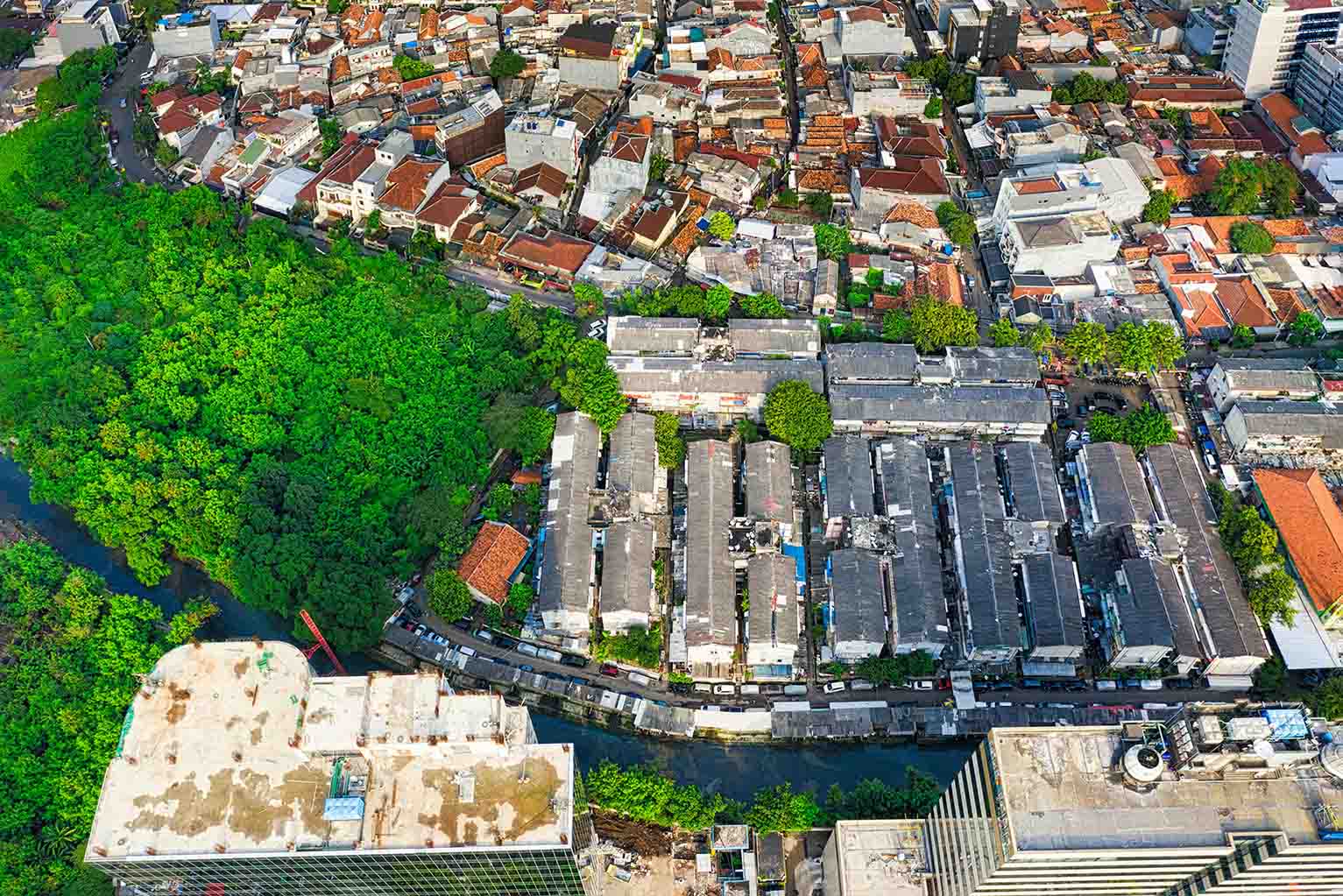Housing & Settlement Development
Description
Rapid urbanization exacerbates housing shortages, leading to the proliferation of vulnerable informal settlements and unplanned urban sprawl with inadequate urban infrastructure and services. Affordable housing is scarce due to high construction costs, limited access to land, and inadequate financing mechanisms for low-income populations.
Social housing programs, meant to provide government-subsidized homes, often suffer from insufficient funding, and poor management, leading to substandard living conditions and a lack of sustainability.
These challenges are compounded by weak governance, regulatory bottlenecks, and the socio-economic marginalization of low-income communities. The implementation of housing and residential areas consists of planning, development, utilization, and control activities, including the development of institutions, funding and financing systems, and the role of coordinated and integrated communities.
Public-private partnerships that can leverage the strengths of both sectors to finance and develop affordable housing projects. Microfinance and incremental building schemes can gradually empower individuals to improve their housing conditions. Enhancing infrastructure and services in informal settlements through slum upgrading programs can significantly improve living conditions. These programs should be coupled with policies that promote inclusive urban planning and sustainable development. International aid and development organizations also play a crucial role by providing technical and financial support for large-scale housing initiatives.
Housing and settlement development will bring together experiences from different countries - Africa, Asia, and Latin America - regarding the financing, and governance models of housing and settlement projects in low- and middle-income countries and PPP, blending mechanisms, guarantees and EFSD+ programmes.
Knowledge Products implemented under the DG INTPA F4 are shared on this web page.

